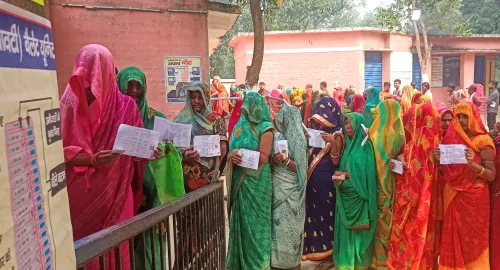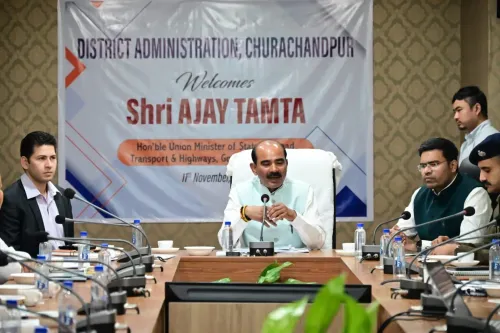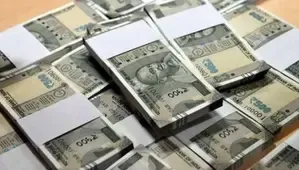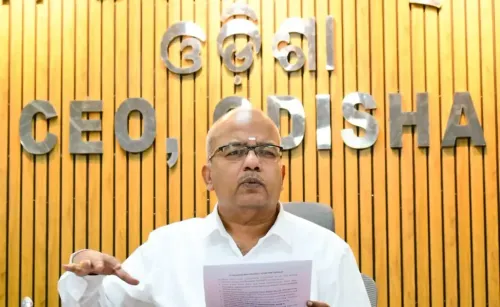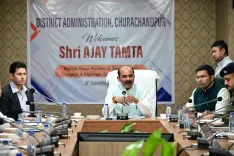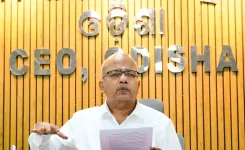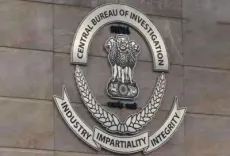Did a Delhi Court Overrule the Probe Against Minister Kapil Mishra in the 2020 Riots?

Synopsis
Key Takeaways
- Special Court nullified trial court’s order
- ACJM exceeded its jurisdiction
- Criticism of Special Cell's investigation
- Complaint lacked clarity on cognizable offence
- Implications for legal accountability
New Delhi, Nov 10 (NationPress) A Special Court in Delhi has nullified a trial court’s order mandating a "further investigation" into the alleged involvement of Delhi Minister Kapil Mishra concerning the 2020 North-East Delhi riots.
Special Judge Vinay Singh of the Rouse Avenue Courts determined that the Additional Chief Judicial Magistrate (ACJM) had made a "serious jurisdictional error" and had exceeded its authority while addressing a complaint lodged by Mohammad Ilyas, a resident of Yamuna Vihar.
The complaint accused Mishra of inciting the riots and also implicated Mustafabad MLA and Deputy Speaker of the Delhi Assembly Mohan Singh Bisht, as well as former BJP legislator Jagdish Pradhan, for contributing to the unrest.
In its ruling, the Special Court remarked: "The impugned order (from ACJM) reveals a serious jurisdictional error that renders the order illegal and unsustainable regarding the ‘first incident’. It is illegal, improper, and incorrect, as it exceeds jurisdiction and constitutes a case of jurisdictional overreach."
The court emphasized that the ACJM had ventured far beyond the limited scope of Section 175(3) of the BNSS.
"Instead of concentrating on whether the ‘first incident’ was investigated, the Ld ACJM examined and made comments on matters already in trial before a higher Court," the order noted.
The Special Judge criticized the ACJM’s extensive remarks on the Special Cell’s conspiracy investigation, labeling them as "unwarranted, speculative, and prejudicial."
The order stated: "There is a conflation between re-investigation and further investigation in the impugned order…. The ACJM criticized the Special Cell’s interrogation of Kapil Mishra and the conclusion that he had no role in inciting or orchestrating violence, thus making the impugned order legally challengeable and unsustainable."
Regarding the complaint, the court determined that it did not clearly indicate a cognizable offence.
"Had the complaint been thoroughly reviewed, it would not reveal the commission of a cognizable offence… To assume a cognizable offence, the Ld ACJM relied on analogies and inferences drawn from Kapil Mishra's questioning in the larger conspiracy case," it stated.
While allowing the revision petitions filed by both the Delhi Police and Kapil Mishra, the Special Judge overturned the ACJM’s directives as "illegal, without jurisdiction, and unsustainable in law."

